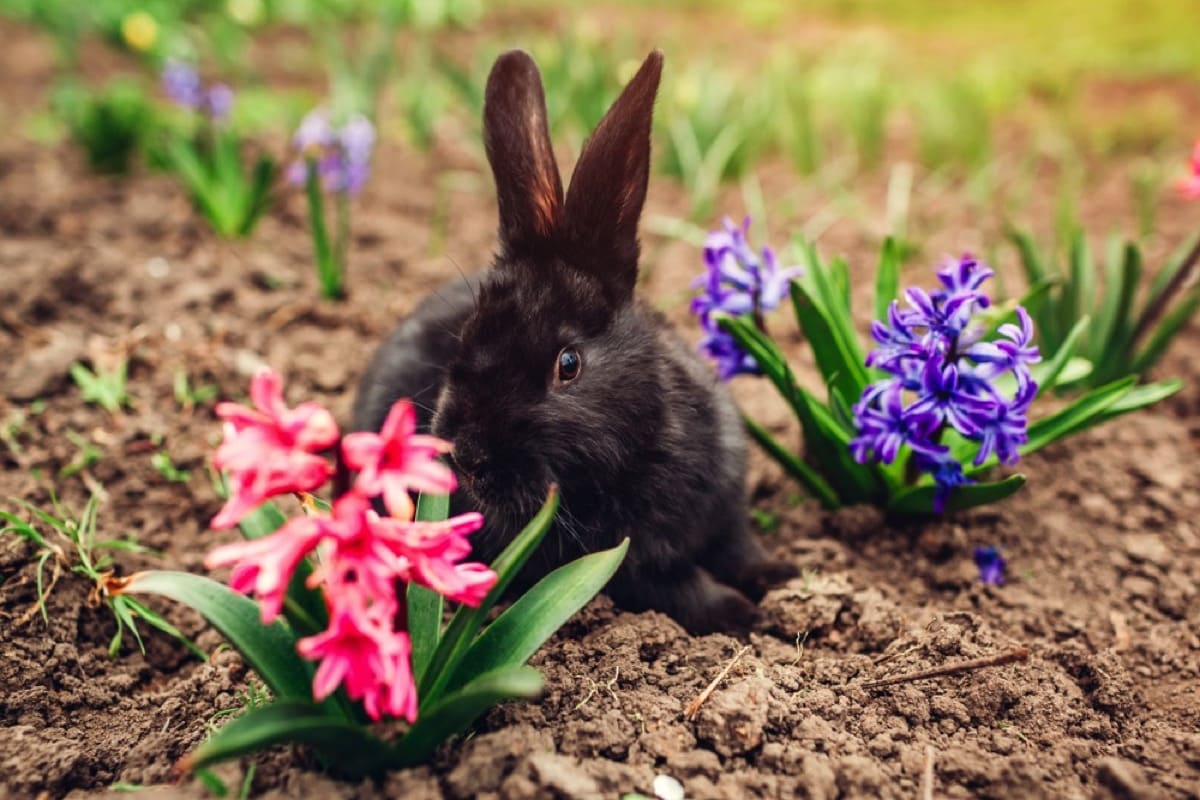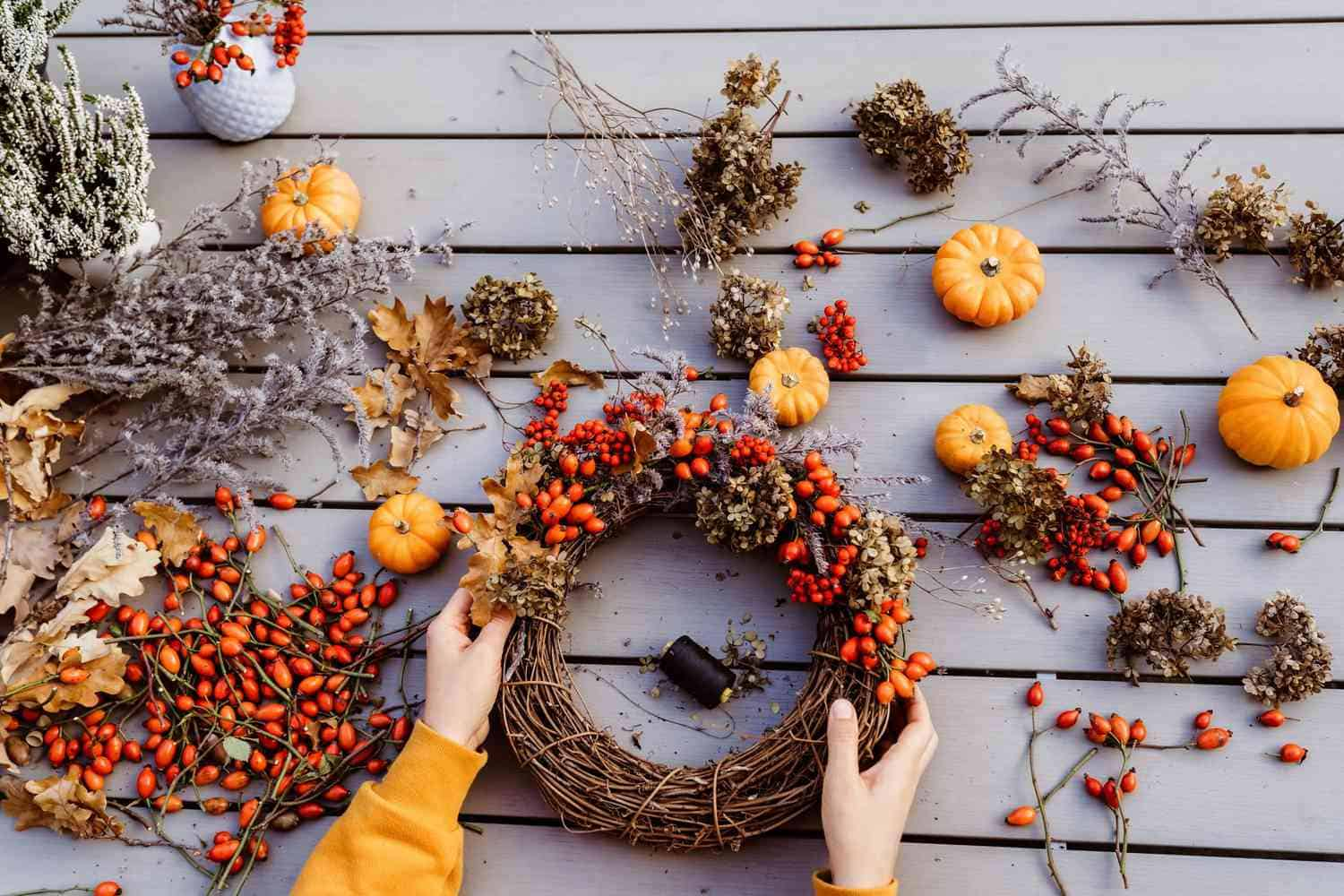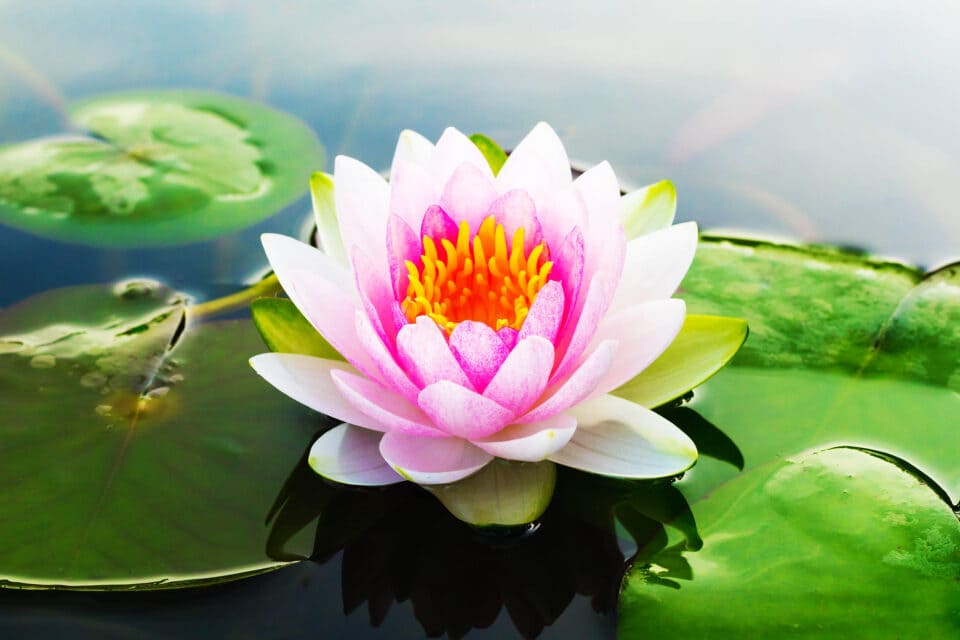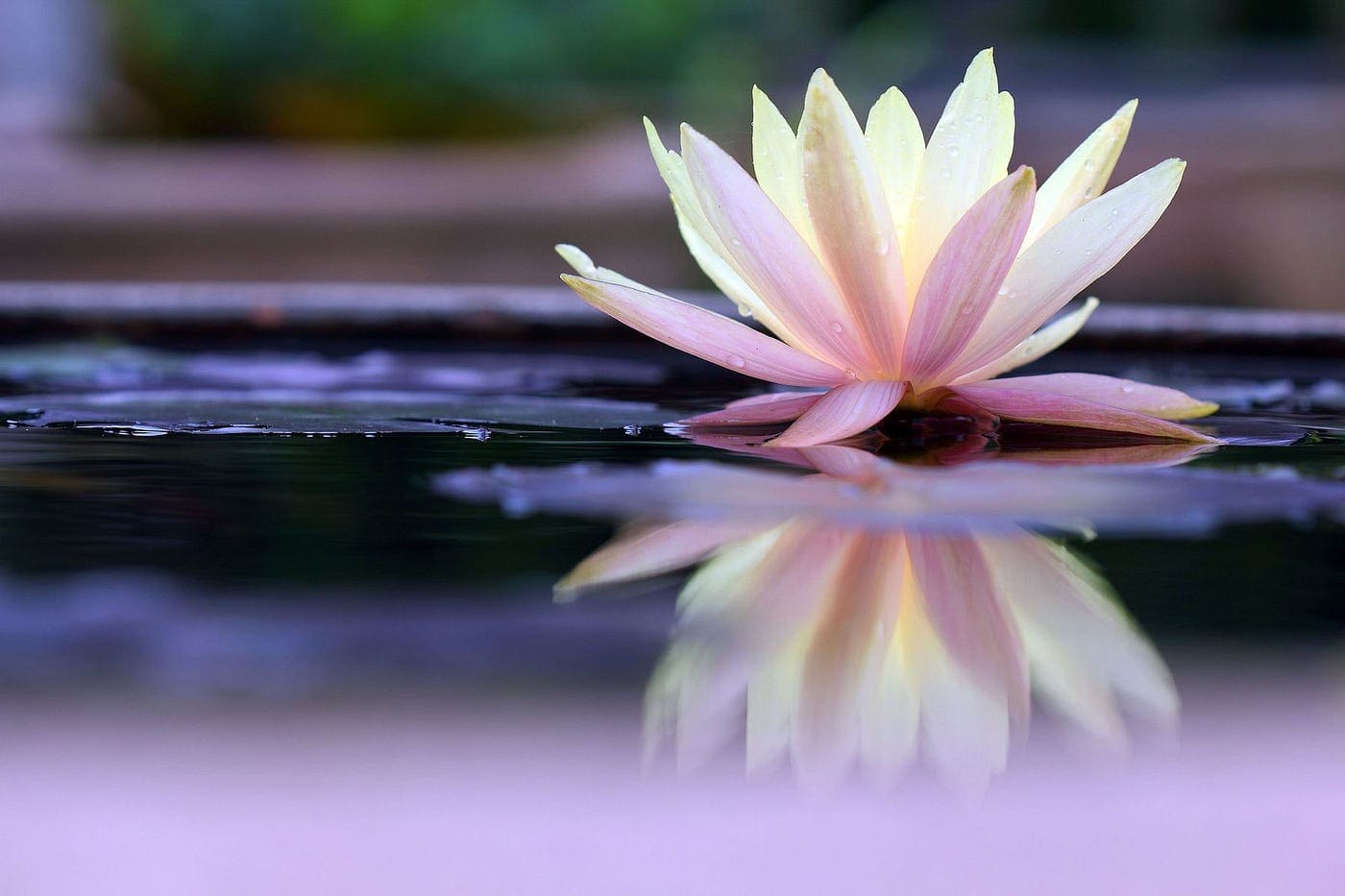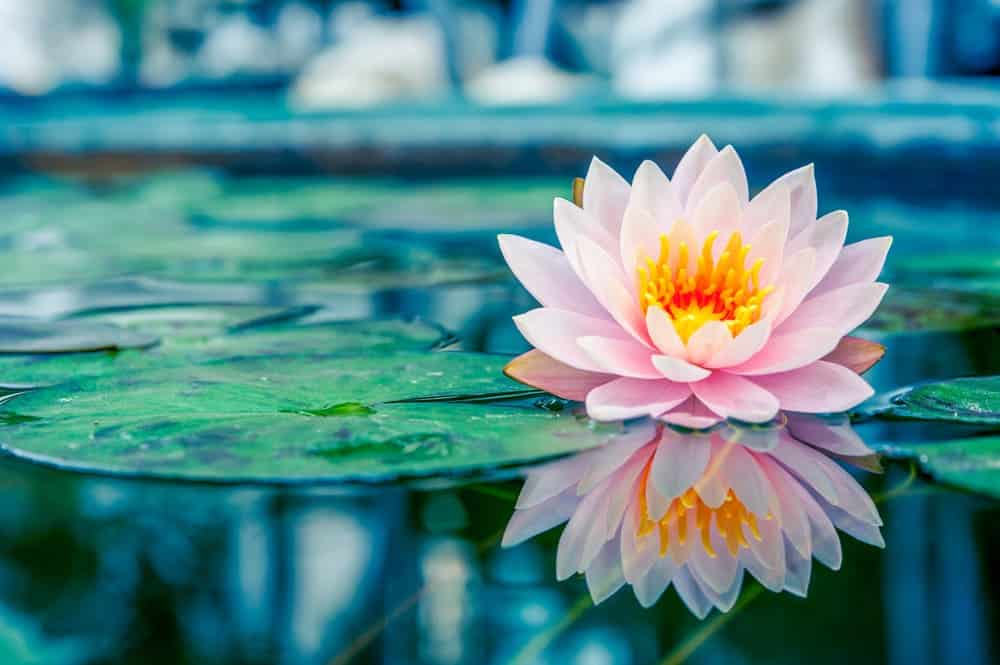Rabbits, with their adorable twitching noses and fluffy tails, are beloved creatures that often find their way into gardens and yards, delighting observers with their playful antics. However, their presence can also raise questions, particularly when it comes to their dietary habits. One common query among gardeners is whether rabbits consume vinca flowers, those delicate blooms that add a splash of color to outdoor spaces. Let’s delve into the topic to understand more about rabbits’ dietary preferences and their potential impact on vinca flowers.
The Herbivorous Nature of Rabbits:
First and foremost, it’s crucial to recognize that rabbits are herbivores. Their diet primarily consists of plant material, including grasses, herbs, vegetables, and occasionally, flowers. As grazers, they spend a significant portion of their time foraging for vegetation to meet their nutritional needs.
Vinca Flowers: An Overview:
Vinca, also known as periwinkle, is a genus of flowering plants native to Europe, Asia, and North Africa. These attractive flowers are cultivated for their vibrant colors and ability to thrive in various environmental conditions. Vinca flowers are characterize by their five-petaled blooms, which can range in color from white and pink to purple and blue.
Rabbits and Vinca Flowers:
When it comes to vinca flowers, rabbits generally do not consider them a preferred food source. Rabbits are more likely to target tender young shoots, leaves, and other succulent vegetation over flowers. While rabbits have been known to nibble on a wide range of plants, including those consider ornamental, vinca flowers are not typically at the top of their menu.
Factors Influencing Rabbit Feeding Behavior:
Several factors influence rabbit feeding behavior and their likelihood of consuming vinca flowers:
- Availability of Alternative Food Sources: Rabbits are opportunistic feeders and will prioritize readily available food sources. If more palatable vegetation is accessible, they are less likely to resort to consuming vinca flowers.
- Toxicity Concerns: Rabbits have a remarkable ability to detect and avoid toxic plants. While vinca flowers are not generally consider highly toxic to rabbits, they may instinctively avoid them if other safer options are available.
- Environmental Conditions: In times of scarcity, such as during periods of drought or food shortages, rabbits may expand their dietary preferences to include less preferred plant species, including vinca flowers, as a survival strategy.
Protecting Vinca Flowers from Rabbit Damage:
Despite rabbits’ general reluctance to consume vinca flowers, gardeners may still wish to take precautions to protect their blooms from potential damage. Here are some strategies to consider:
- Physical Barriers: Install fencing or mesh barriers around garden beds or individual plants to prevent rabbits from accessing vinca flowers.
- Repellents: Apply commercial or homemade rabbit repellents around the perimeter of the garden to deter rabbits from venturing near the vinca flowers.
- Diversification of Plants: Plant a diverse range of vegetation in the garden to decrease the likelihood of rabbits focusing their attention on specific plants, such as vinca flowers.
- Natural Predators: Encourage the presence of natural predators of rabbits, such as hawks, owls, and foxes, which can help control rabbit populations in the area.
Conclusion:
While rabbits may occasionally sample a variety of plants in their quest for sustenance, vinca flowers are generally not high on their list of preferred food items. However, gardeners can still take proactive measures to safeguard their vinca blooms from potential rabbit damage. By understanding rabbits’ dietary habits and implementing appropriate preventive measures, gardeners can continue to enjoy the beauty of vinca flowers in their outdoor spaces without undue concern about rabbit interference.

